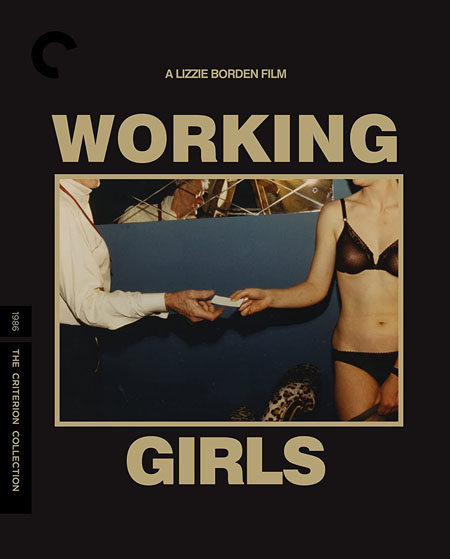
“NOT
THE TYPICAL DAY JOBâ€
By
Raymond Benson
They
say (whoever “they†are) that it’s the “oldest profession.†Maybe it is and
perhaps it’s not, but there is no question that prostitution is indeed a
profession—if it’s voluntary. Yes, it’s illegal in most places, but still…
In
New York City during the 70s, 80s, and 90s (and probably still today), private
brothels were plentiful throughout the metropolis. One only had to pick up a newspaper
that catered to underground activities (available at any newsstand), or even New
York Magazine or the Village Voice to find classified ads that
directed clientele to phone numbers for discreet services. It is assumed that
law enforcement is paid off for protection—or maybe it’s the mob, so who knows?
While assuredly there may have been instances of human trafficking going on in
these places, most of the time these brothels were operated privately and
employed ordinary, women-next-door types who looked upon the “job†as a way of
making money.
Feminist
filmmaker Lizzie Borden’s docu-drama Working Girls, about the goings-on
and culture of a private brothel, premiered at the Cannes Film Festival in 1986
(it won the Special Jury Prize), and then was released to the public in 1987. It
is a realistic, frank, and non-judgmental examination of a handful of women who
are “working girls†and what a typical shift might be like. Suffice it to say
that it’s not the typical day job.
Molly
(Louise Smith) is a smart, attractive, Yale graduate with two degrees. Her life
partner is a woman, and they have a daughter together. Molly rides a bicycle to
work, which is an apartment with several bedrooms upstairs and a comfortable
living room and kitchen downstairs. The building’s doorman is discreetly paid
to keep things quiet. Molly works with two to three other women throughout the
day, seeing various men who make appointments over the phone. The madam is Lucy
(Ellen McElduff), an attractive middle-aged woman who states, “The two things I
love most in life are sex and money… I just never knew until much later they
were connected.†Lucy is all about the business, keeping clients happy, and
only slightly considerate of her employees. Molly, Gina (Marusia Zach), Dawn
(Amanda Goodwin), and, later, April (Janne Peters) and Mary (Helen Nicholas) “entertainâ€
a variety of men who run the gamut of personalities—shy and awkward, confident
and boorish, nice but weird, and creepily aggressive. Molly, who is usually personable
and “acts†the part she’s supposed to do, takes the work in stride until she is
pressured to take another shift into the night. Finally, the stress becomes too
much.
This
is a fascinating picture that will assuredly make you uncomfortable. It is
insightful and raw in its matter-of-factness. Director Borden takes a
documentary-like approach to the material, even though the story is fiction and
focuses on a character arc that evolves over a twelve-hour period. There is
nothing here that can be called a stereotype, and it can be said that the
sexual activity on the screen is far from erotic. The approximately 90-minute
picture was released unrated, but it likely would be a hard R or perhaps an X
(this was before X was replaced by NC-17). It should be noted that most of the
creative team and crew were women.

Louise
Smith is marvelous as Molly. She exhibits a knowing canniness to the
proceedings without letting her true emotions erupt until she finally does
reach the breaking point. McElduff’s Lucy is also perfect as the ingratiating
boss who pretends to care about the working girls, but she is truly only
interested in her married boyfriend and the gifts he bestows.
The
Criterion Collection’s Blu-ray release features a new, restored 4K digital transfer
supervised by Borden, and it comes with an uncompressed monaural soundtrack. There
are English subtitles for the hearing impaired. An optional audio commentary
from 2007 is enlightening and smart, spoken by Borden, director of photography
Judy Irola, and actor Amanda Goodwin.
Supplements
include a new conversation between Borden and feminist filmmaker Bette Gordon (Variety;
1983); a terrific new Zoom discussion between actors Smith and Goodwin,
producer Andi Gladstone, and assistant director Vicky Funari; and a new Zoom
discussion between real-life sex workers Antonia Crane, Daphne, Selena the
Stripper, and Jo Weldon. The booklet contains an essay by author So Mayer and
excerpts from a 1987 interview with Borden by film scholar Scott MacDonald.
Working
Girls is
a time capsule of 1980s New York City, a sobering view of what really goes on behind
these closed doors, and a prime example of smart, challenging, independent
filmmaking.
CLICK HERE TO ORDER FROM AMAZON
